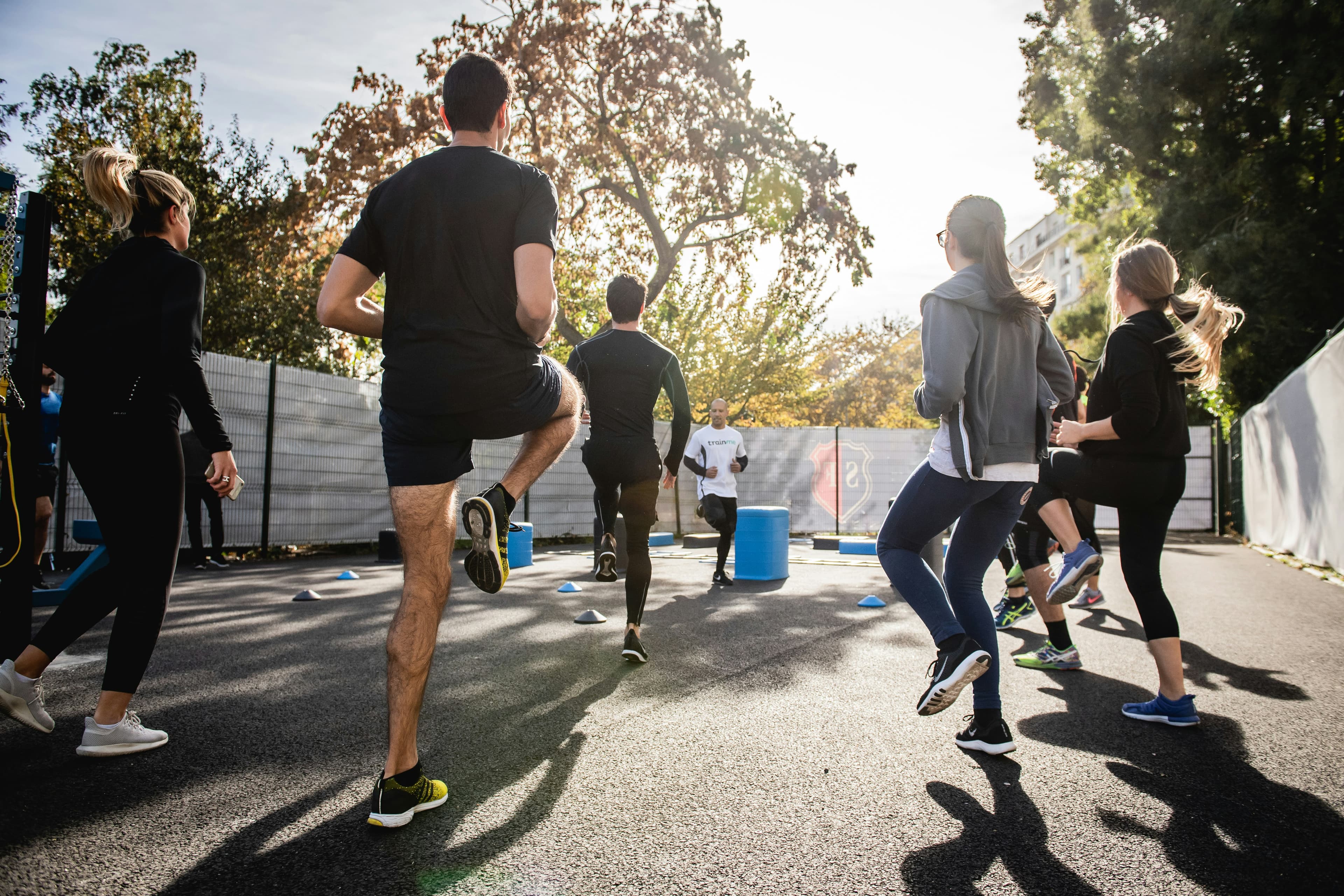Both 活動 (かつどう) and 活躍 (かつやく) are common words in Japanese, but their meanings are not the same. While 活動 refers to “activities” in a neutral sense, 活躍 implies success or outstanding performance. In this article, we’ll break down the difference with clear examples, common mistakes, and practice tasks.
1. 活動 (かつどう): Activities
The word 活動 simply means “activities” or “actions.” It describes ongoing efforts or organized movements without any special evaluation.
Examples:
- ボランティア活動(かつどう)に参加(さんか)しました。
(I joined volunteer activities.) - 学生(がくせい)はサークル活動(かつどう)が忙(いそが)しいです。
(Students are busy with club activities.) - 経済活動(けいざいかつどう)が活発(かっぱつ)になっている。
(Economic activities are becoming active.)
■ Key point: 活動 describes what you do, not necessarily how successful it is.
2. 活躍 (かつやく): Success and Achievement
The word 活躍 goes beyond just “doing something.” It means showing great performance, standing out, or making a noticeable contribution.
Examples:
- 彼(かれ)はサッカーの試合(しあい)で活躍(かつやく)しました。
(He played really well in the soccer match.) - 彼女(かのじょ)は海外(かいがい)で活躍(かつやく)しています。
(She is active and successful overseas.) - 若(わか)い研究者(けんきゅうしゃ)が国際会議(こくさいかいぎ)で活躍(かつやく)した。
(A young researcher made a great contribution at the international conference.)
■ Key point: 活躍 always implies positive evaluation — someone shines in a role.
3. Common Learner Mistakes
Because both words can be translated as “activity” or “to be active,” learners often confuse them.
- ✕ 昨日(きのう)のボランティアで活躍(かつやく)しました。
(I 活躍-ed in the volunteer work yesterday.)
→ Strange, because volunteering itself is just an activity. - ○ 昨日(きのう)のボランティア活動(かつどう)に参加(さんか)しました。
(I joined the volunteer activities yesterday.) - ✕ サッカーの試合(しあい)で活動(かつどう)しました。
(I did 活動 in the soccer match.)
→ Sounds unnatural, because a sports match is a stage for performance, not just activity. - ○ サッカーの試合(しあい)で活躍(かつやく)しました。
(I played an active and successful role in the soccer match.)
4. Collocations: Words Often Used Together
Different contexts naturally call for one or the other:
- 活動(かつどう)
・ボランティア活動(かつどう)に参加(さんか)する
(Join volunteer activities)
・政治活動(せいじかつどう)を行(おこな)う
(Engage in political activities)
・経済活動(けいざいかつどう)が広(ひろ)がる
(Economic activities expand)
・市民活動(しみんかつどう)を支援(しえん)する
(Support civic activities)
・環境活動(かんきょうかつどう)に取(と)り組(く)む
(Take part in environmental activities) - 活躍(かつやく)
・サッカー選手(せんしゅ)が試合(しあい)で活躍(かつやく)する
(A soccer player plays actively in a match)
・俳優(はいゆう)が映画(えいが)で活躍(かつやく)する
(An actor performs successfully in a movie)
・子供(こども)が大会(たいかい)で活躍(かつやく)する
(A child does well in a competition)
・日本人(にほんじん)が海外(かいがい)で活躍(かつやく)する
(Japanese people succeed abroad)
5. Practice Time
Which is correct, 活動 or 活躍?
- 彼女(かのじょ)はボランティア___に参加(さんか)している。
- 日本人(にほんじん)選手(せんしゅ)が世界大会(せかいたいかい)で___した。
- 地域(ちいき)の清掃活動(せいそうかつどう)に参加(さんか)しました。
- 新人(しんじん)の俳優(はいゆう)がドラマで___している。
(Answers: 1 活動, 2 活躍, 3 活動, 4 活躍)
Final Thoughts
Think of it this way:
- 活動 = “just doing the work”
- 活躍 = “shining while doing the work”
If you remember this contrast, you’ll be able to use both words naturally and avoid common mistakes.
